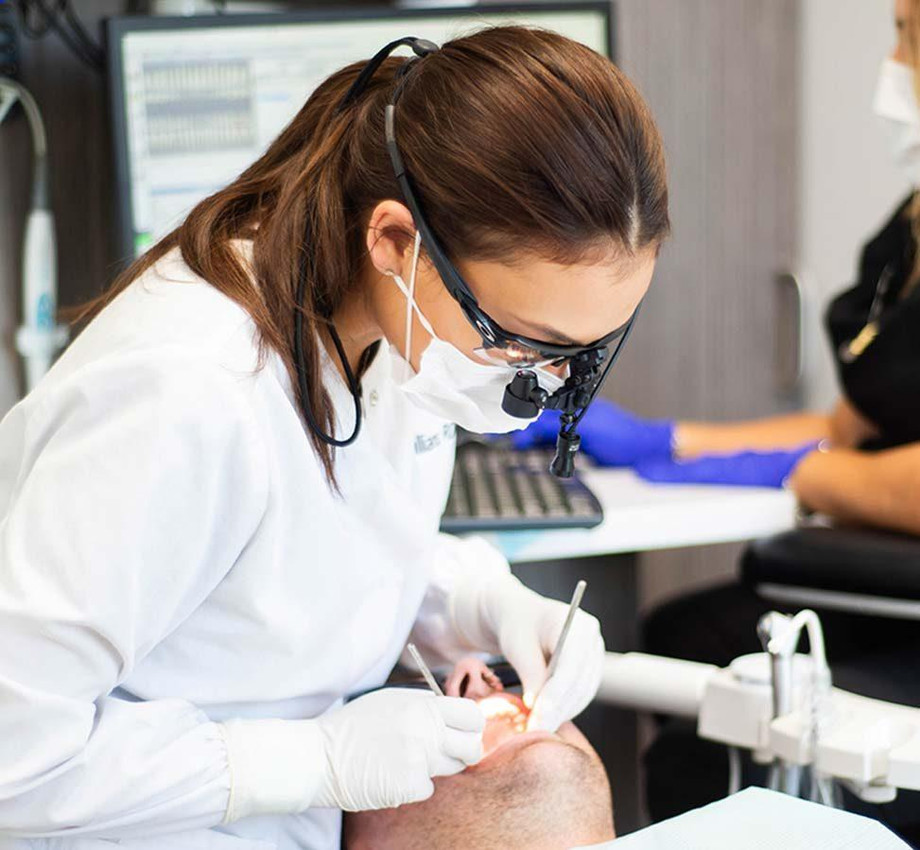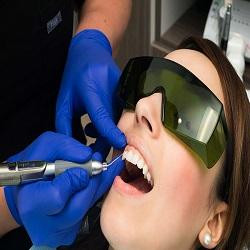Why Is Dental Deep Cleaning Necessary?
What is a dental deep cleaning?
Deep dental cleaning is also known as periodontal scaling and root planing or SRP. It is quite similar to the teeth cleaning process, done by a Dentist Open On Saturday In Houston. The process usually aims to clean the outer surface of the roots and beneath your gum line. This cleaning is required when building up of tartar has caused infection beneath the gum line. If the tartar is not removed for a long time, it can lead to tooth/teeth loss or bone loss. Such types of conditions require Dentist Office to Open On Saturday
Deep dental cleaning will manage the infection and encourage healing. As you may know, limiting infection and inflammation anywhere in your body—including your gums—is significant to heart health and may increase your life.
What is dental plaque?
Dental plaque is the sticky substance that accumulates around your teeth and roots, collecting starch and carbohydrates. It is a mixture of bacteria, bacterium waste, and food debris that can cause gum irritation and swelling. Plaque tends to get harder if left unchecked, forming into calculus or tartar. Tartar is a mineralized form of plaque and cannot be removed through usual means, i.e. brushing or flossing. Left untreated, it can cause a recurring case of gingivitis often escalating to a more serious periodontitis disease along with other dental problems.
Plaque build-up is one of the most frequently faced dental problems and while good dental hygiene is the proper solution, spotting plaque is not as simple. Plaque tends to gather around the roots of the teeth, getting stuck in crevices and the space between the teeth. One way of identifying plaque is to chew color tablets. The color will get stuck on the tooth, highlighting the areas affected. You may also visit Emergency Dental Service
for periodic scaling.
Root Planing and Scaling:
Scaling can be used to remove plaque, tartar, and tooth stains. It is also the basic procedure to deal with mild cases of periodontitis disease. In periodontal disease, the increased amount of calculus deposit can cause recurring inflammation. This upsets the balance of bone cells, causing them to break down more frequently. The attachment tissue becomes damaged while the patient begins experiencing permanent bone loss in the gum.
Root planning and scaling are the most effective procedures to counter the spread in the initial stages. However, for more severe cases the patient may require oral surgery. The root planning process involves root scaling which is why the process is often termed deep cleaning. Here the dentist from Emergency Dental Service removes bacteria-affected cementum, the surface layer of the root that helps keep the attachment tissue intact. The idea is to remove the toxic microorganisms and bacteria causing the inflammation and stop the disease from spreading to the roots.
However, in order to be effective, a patient must be able to maintain good periodontal health or risk reinfection. Most dental professionals believe that oral hygiene is the key to beating gum disease. Patients with periodontitis should focus on ongoing care. Most dental professionals recommend using anti-plaque toothpaste, brushing two to three times a day, and flossing regularly. It is also recommended that the patient receives regular periodontal therapy every 3 to 4 months. Dental plaque affects millions of people worldwide but it should not be ignored or taken lightly.


Comments
Post a Comment